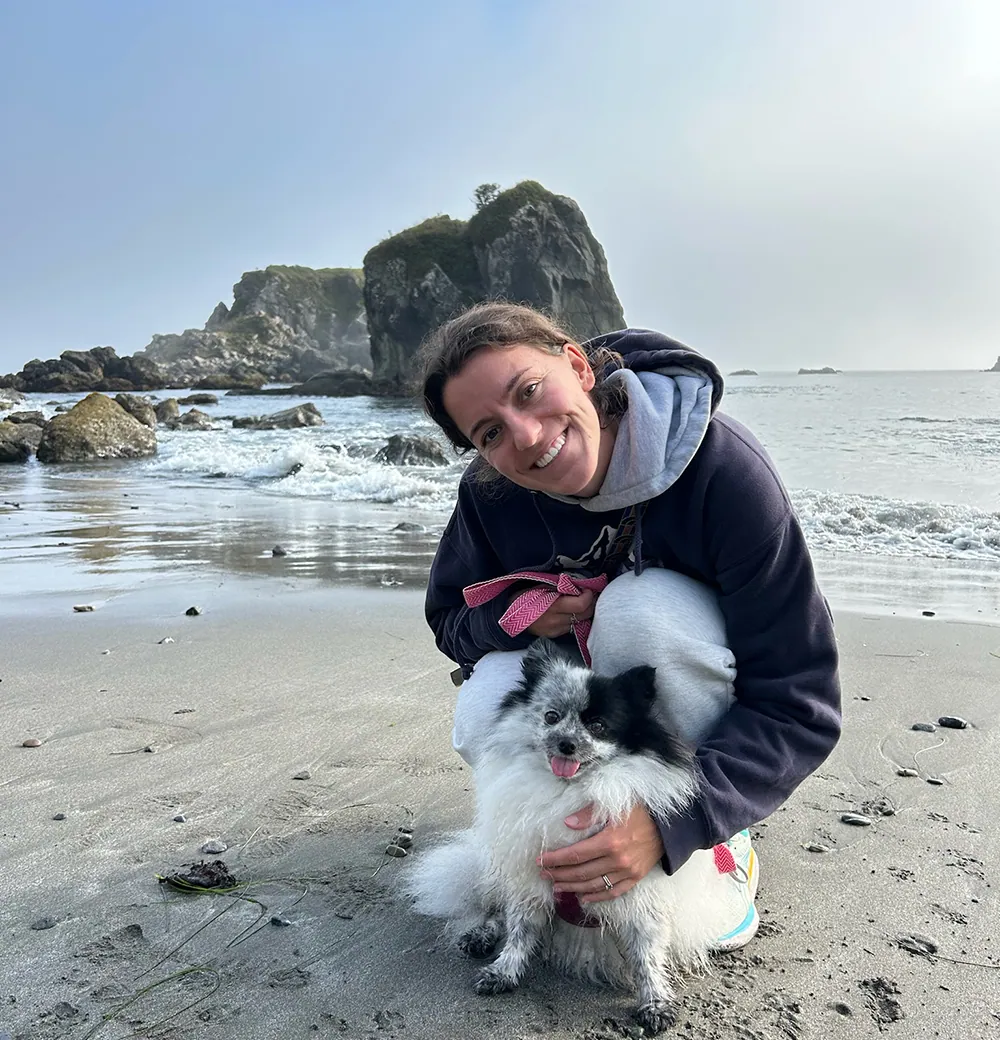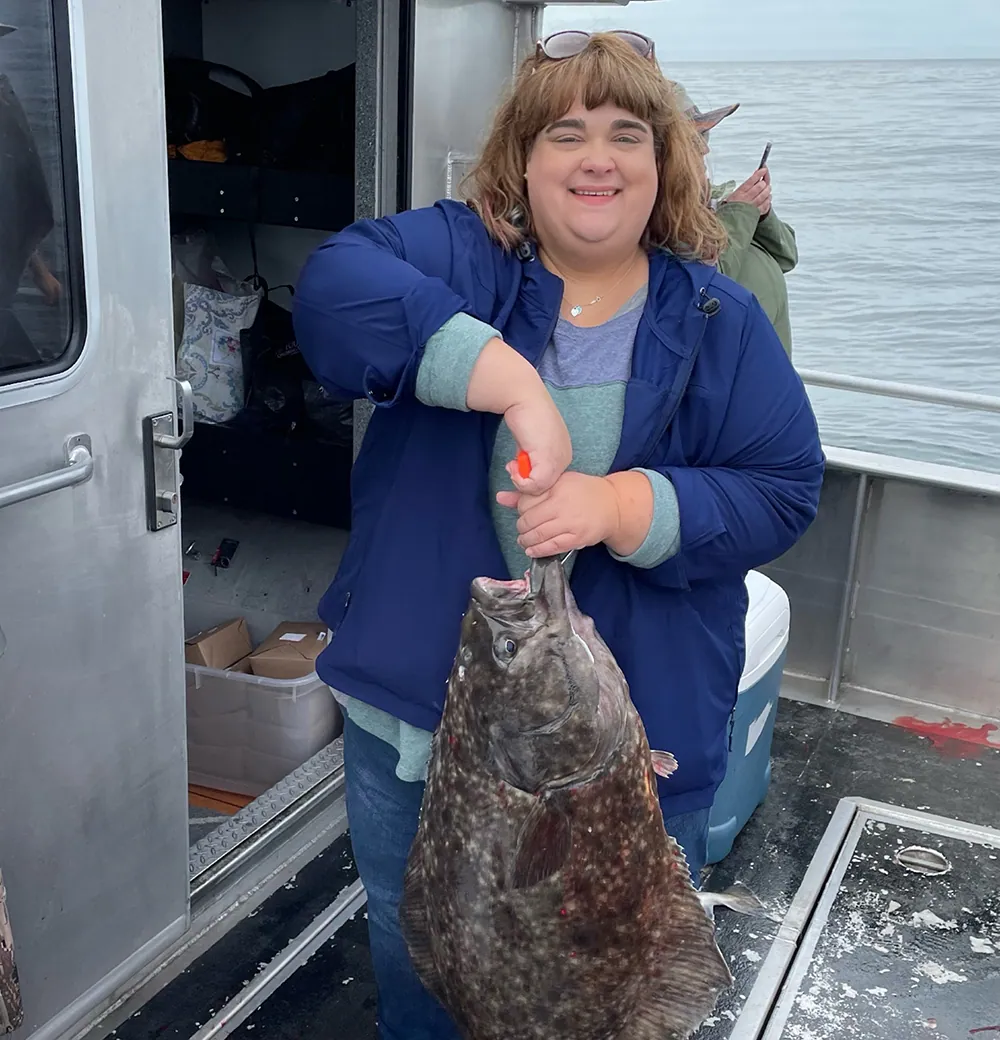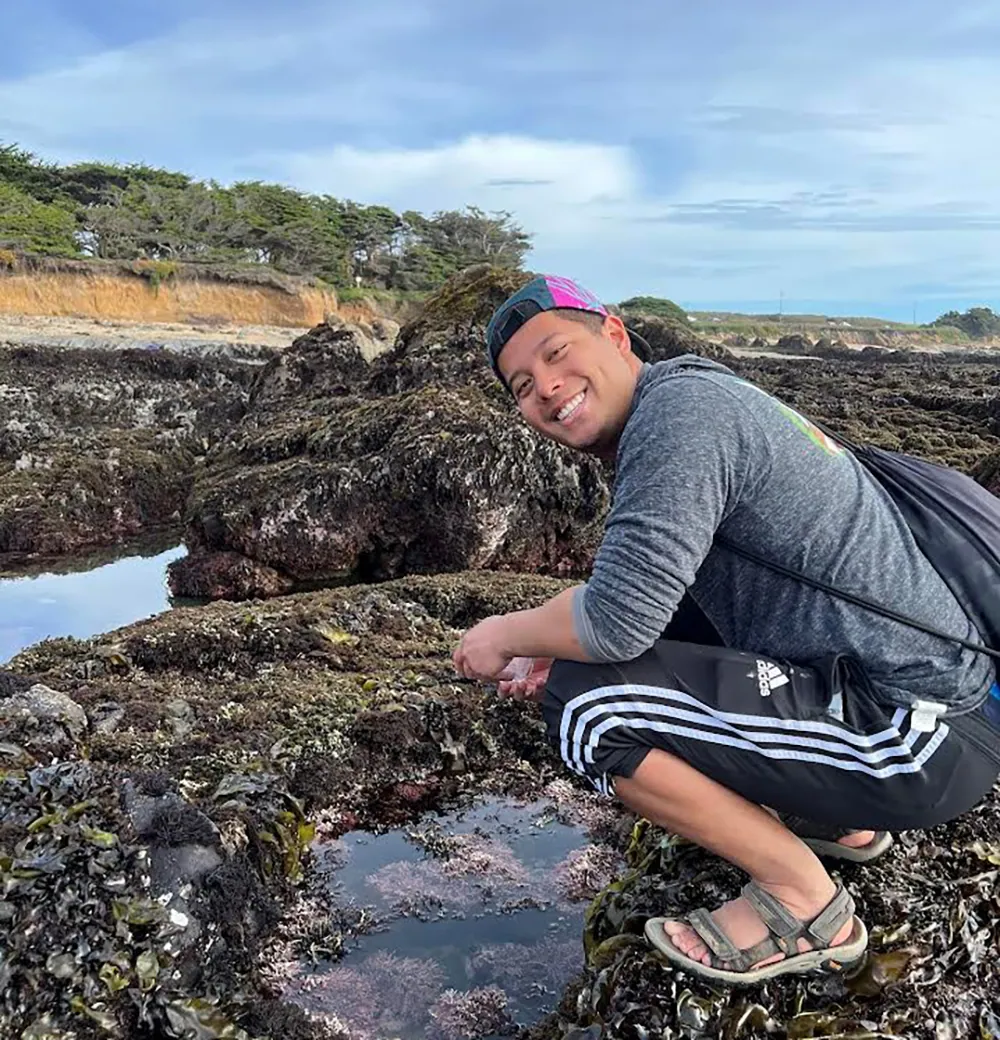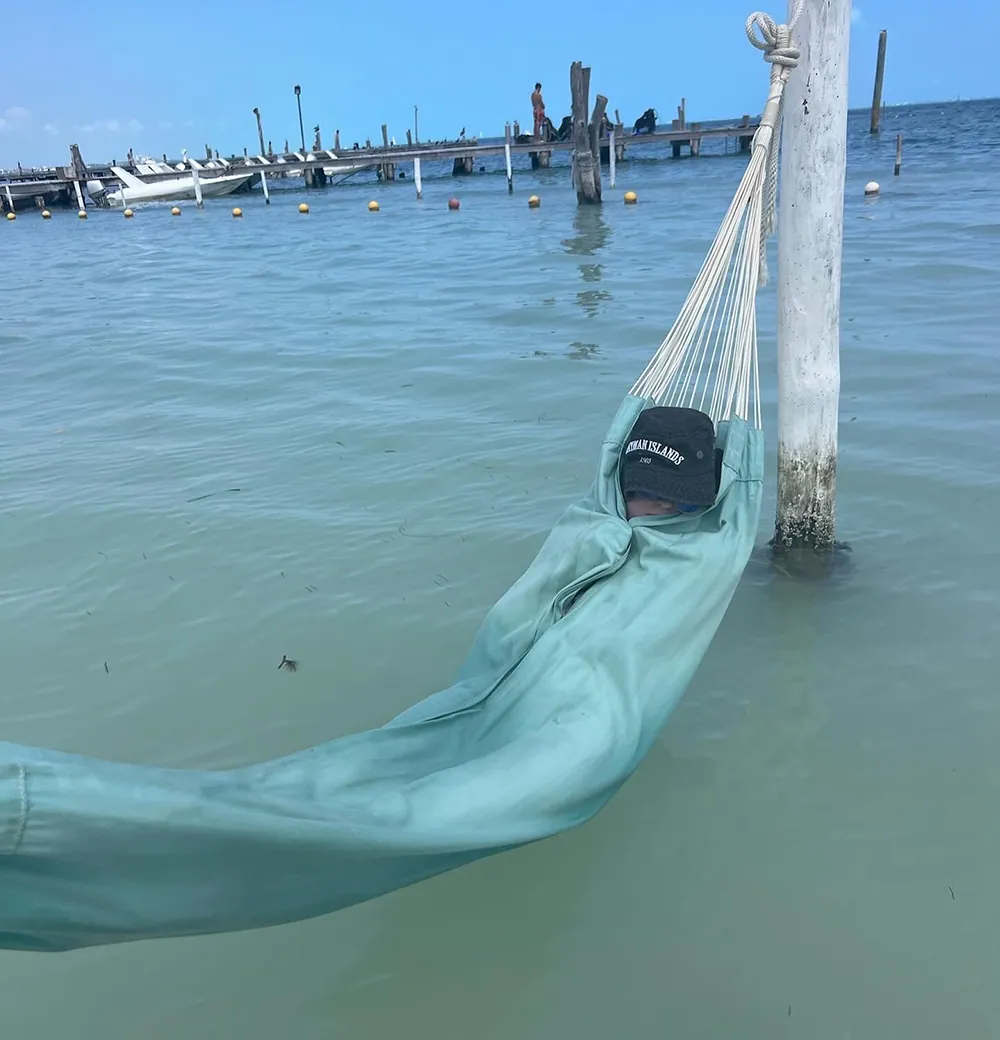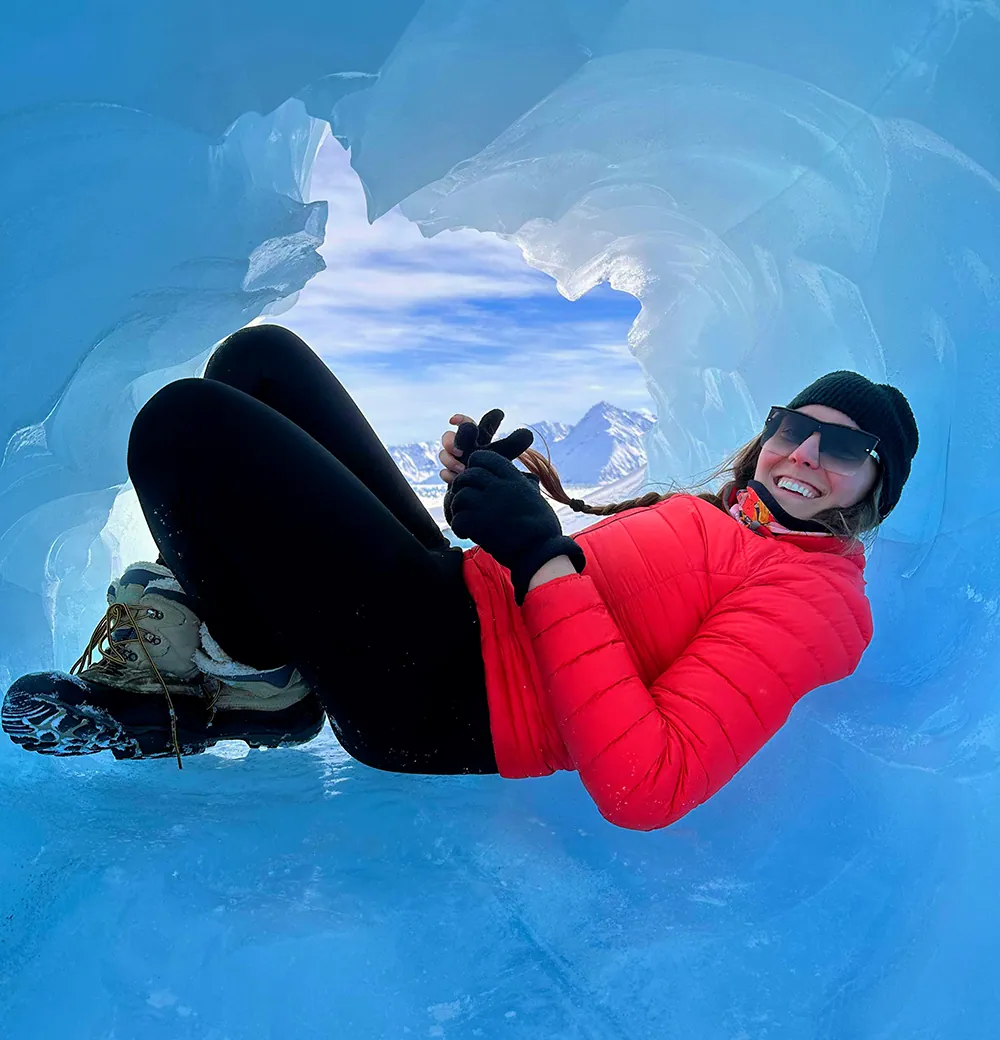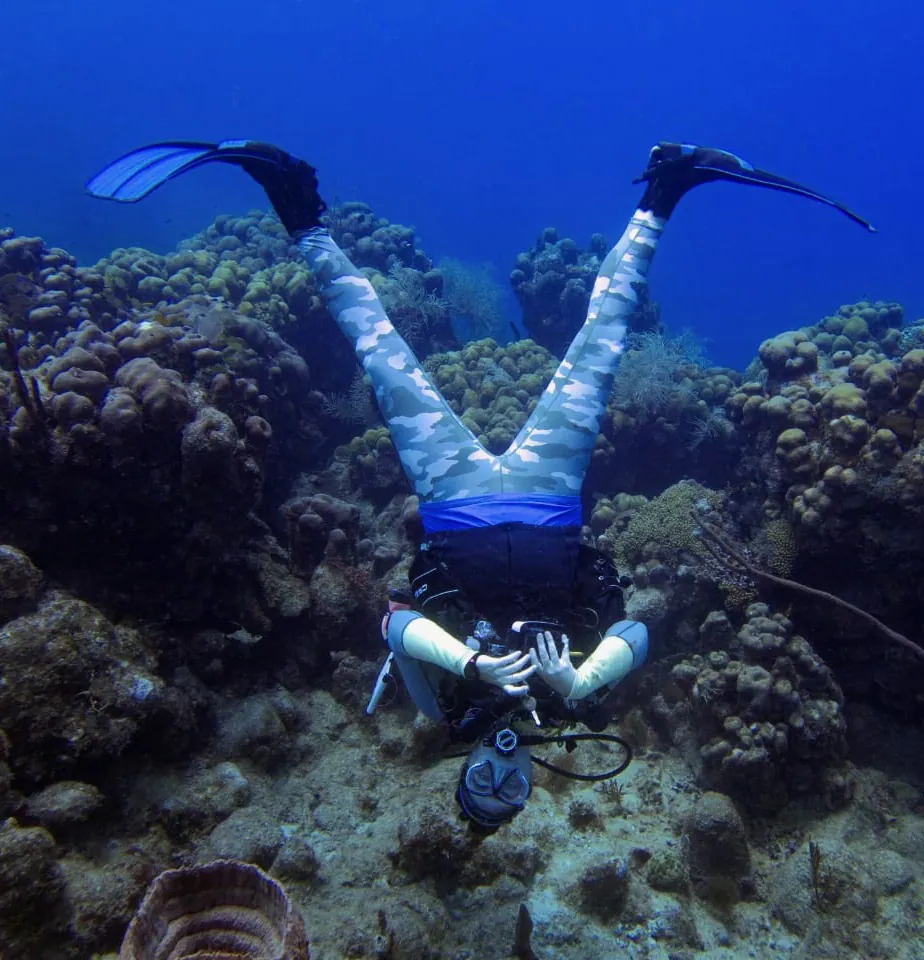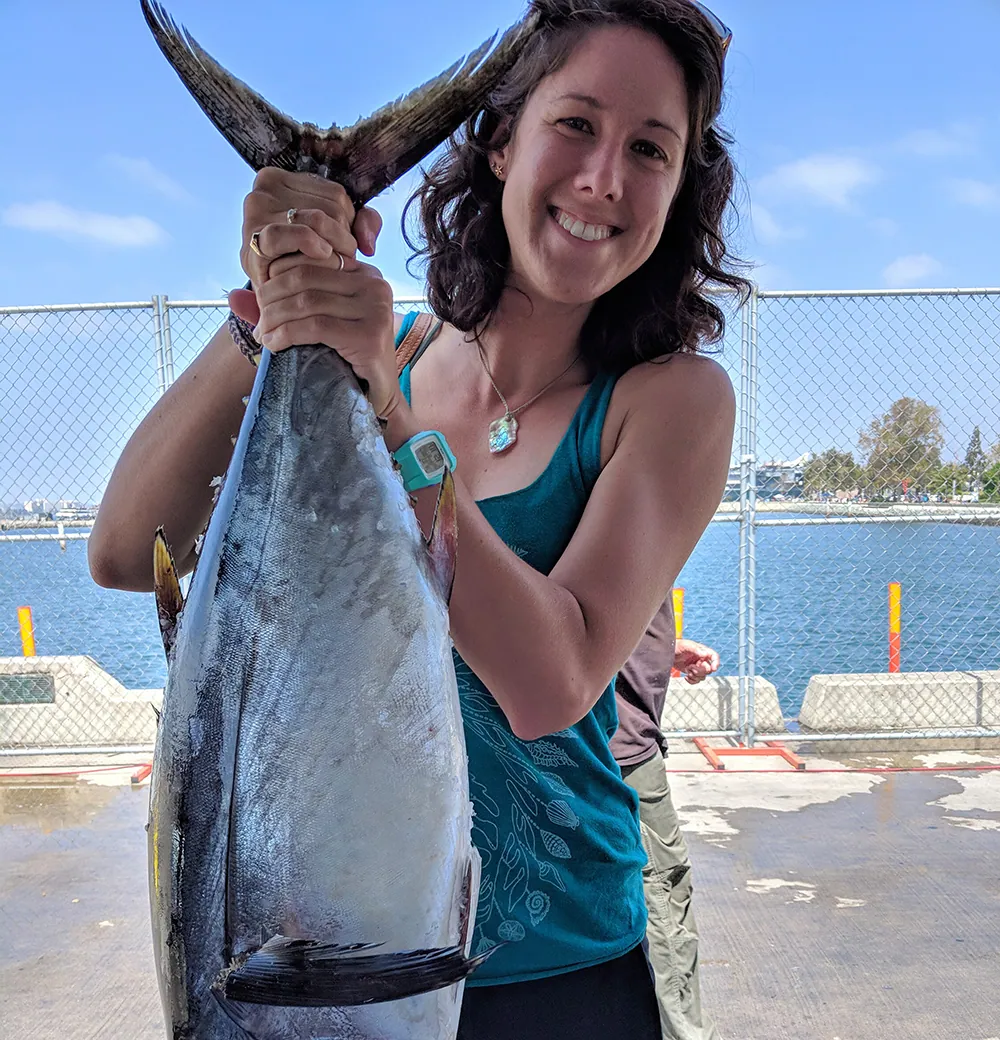As the clock ticks down on 2024, Washington has entered the infamous “lame duck:” that curious time when outgoing lawmakers either scramble to cement their legacies or quietly fly to new ponds. The term lame duck describes the period between a November election and the start of new Congress in early January—and the moniker is somewhat misleading. The end of a Congress isn’t hamstrung: it’s fast, furious, and a lot can happen in its final moments.
The primary purpose of the lame duck session is to resolve unfinished business on legislation that’s hanging in the balance. Behind headline-grabbing power plays and Sisyphean funding negotiations is a steady flow across the finish line. So, what can we expect as this congressional flock wraps up its last hurrah? Grab your binoculars, pour some coffee, and let’s take a closer look.
What the Heck is a Lame Duck, Anyway?
The history of the term “lame duck” is a bit muddled, but it’s thought to stem from the finance world of 18th-century Britain, where stockbrokers who couldn’t pay their debts were branded as lame ducks. The phrase snuck its way into politics sometime thereafter. In 1863, The Congressional Globe—which documented the debates and proceedings of Congress at the time—described the U.S. Court of Claims as a “receptacle of ‘lame ducks’ or broken down politicians.” The term finally hit the Oval Office in a 1926 article titled “Making a Lame Duck of Coolidge,” which dove into how a Senate flip could hinder America’s 30th president.
These days, the label is broadly used to describe any outgoing politician, including presidents and Members of Congress serving out their final months. It’s important to understand that “lame duck” doesn’t hint at a literal loss of power, but rather reflects the perception that outgoing politicians wield less influence due to their limited time left in office. On the flip side, not having to worry about being reelected can embolden politicians to make big moves.
Expect Lots of Action on Ocean and Coastal Bills
The end of every Congress involves a flurry of last-minute activity. Bills that haven’t moved much for 22 months are suddenly passed left and right. It can be hard to keep up. Advocates and bill sponsors in Congress are working every angle to try to get their priorities signed into law before the slate is wiped clean at the end of the year.
Want to get in the mix? Email us!
Just last week, the Bolstering Ecosystems Against Coastal Harm (BEACH) Act (H.R.5490) was signed into law. This bill, which was introduced by Representative Jen Kiggans (R-VA-02) and Lisa Blunt Rochester (D-DE-At Large), and Senators Tom Carper (D-DE) and Lindsey Graham (R-SC), expands the Coastal Barrier Resources Act by designating new coastal barriers and “Otherwise Protected Areas” that prioritize wildlife conservation and natural resource protection. The BEACH Act emphasizes the importance of preserving natural coastal defenses against flooding, erosion, sea level rise, and other hazards.
Other bills that are close to presidential signature at the time we’re writing this are:
The Coastal Habitat Conservation Act of 2023 (H.R.2950), which recently passed both chambers of Congress. This bill, which was introduced by Representatives Jared Huffman (D-CA-02) and Jennifer González-Colón (R-PR-At Large), and Senators Ben Cardin (D-MD) and Lindsey Graham (R-SC), would formally authorize the U.S. Fish and Wildlife Service’s Coastal Program to assess, protect, restore, and enhance priority coastal landscapes deemed critical to fish and wildlife—particularly federally protected species. The act focuses on collaborative, voluntary partnerships with federal, state, local, and Tribal governments, as well as private and nonprofit entities, to address key threats to coastal ecosystems. It enables coastal habitat planning, assessments, and targeted actions that aim to safeguard and rehabilitate coastal ecosystems, including estuaries.
The America’s Conservation Enhancement Reauthorization Act of 2024 (S. 3791) also cleared the final hurdle of House passage just this week. Several conservation programs slated to expire in fiscal year 2025 would be reauthorized through fiscal 2030 under this bill. Of particular note, the measure would authorize $92 million annually for the Chesapeake Bay Program, $60 million for wetland conservation projects, and a total of $25 million for the National Fish and Wildlife Foundation (among other initiatives).
We expect many more ocean-related, bipartisan bills to become law over the coming days, so stay tuned!
More Than One Way to Pass a Bill: All Aboard the “Must-Pass” Train!
Among the biggest congressional priorities for the rest of the year is getting ducks in a row (sorry, we had to) on “must-pass” bills like those that fund the government and hefty legislative packages like the National Defense Authorization Act (NDAA). Even if your interests aren’t directly tied to these bills, it’s important to pay attention to them.
Because “must-pass” bills have to move, they’re often used as vehicles to get other legislation through. For example, the last lame duck’s 4,400-page NDAA included a number of smaller ocean-related bills that congressional staff and outside groups had been working on for years. While the House and Senate versions of this year’s NDAA are currently billions of dollars apart, negotiators are inching closer to a deal and we could see similar legislative hitchhikers this time around.
Beyond federal spending and the NDAA, Congress is also focused on a disaster supplemental spending package to ease the burden of communities impacted by recent hurricanes, the 2023 Maui fires, and Baltimore’s Francis Scott Key Bridge collapse. President Biden requested about $99 billion in disaster relief, and while we’re unlikely to see those numbers come to fruition, whatever does pass is also likely to have some bipartisan tagalongs.
Want to stay in the know on how things progress and which ocean and coastal bills make a run to the president’s desk? Sign up for our weekly ocean policy report!



